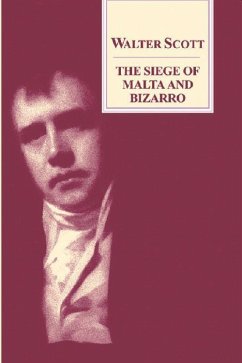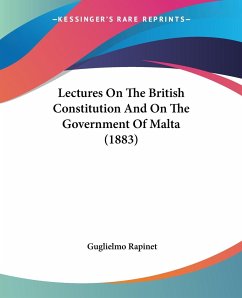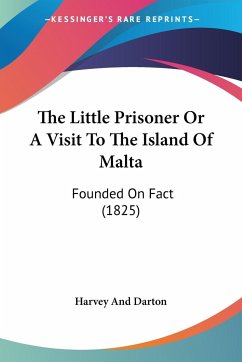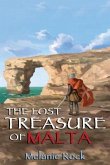In the autumn of 1831 Sir Walter Scott was in very poor health, having suffered three strokes. William IV ordered a frigate to be placed at his disposal to convey him to Malta in the vain hope that the Mediterranean climate might improve his condition. But characteristically Scott intended that this should be a working holiday. He was still intent on paying off in full the liabilities resulting from the financial collapse of 1826, and anyway he was a compulsive writer. In his luggage on HMS Barham he took with him one of his lifetime favourite books, the history of the Knights of Malta by the Abbé Vertot, and he had already hit on the idea of 'a novel call[e]d the Knight of Malta' before he set sail from Portsmouth at the end of October. The Siege of Malta was begun in Malta itself in November and completed in Naples in April 1832. In the middle of that month Scott moved on to Rome, taking with him the inspiration for a new work in the form of a story of Neapolitan brigandage picked up from a local apothecary. The first half of the resulting novella Bizarro was composed in the Eternal City, but it seems unlikely that it was ever completed. By the time the manuscripts of the two works arrived in Edinburgh Scott's publisher Robert Cadell had already concluded that Scott was no longer capable of writing, a view endorsed by the author's son-in-law J. G. Lockhart. In these circumstances the two works had no chance of being published, especially given the way in which the fictional characters of Malta disappear as history takes over from novel, and given the incomplete nature of Bizarro. The manuscripts are indeed very faulty, locally as well as overall; but by applying (as sparingly as possible) the techniques developed by Cadell and Lockhart themselves for dealing with the last two novels to be published, Count Robert of Paris and Castle Dangerous, the present editors have been able to produce reading texts of the two fascinating unpublished works. For the benefit








